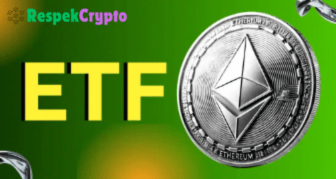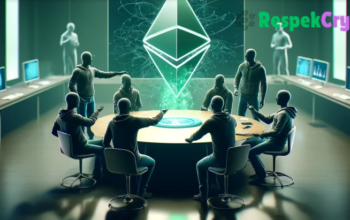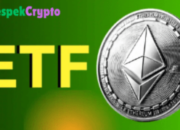Ethereum, the second-largest cryptocurrency by market capitalization, has been a cornerstone in the rise of decentralized finance (DeFi). However, it has not been without its criticisms. Recently, Ethereum co-founder Vitalik Buterin addressed concerns from critics who claim that Ethereum is neglecting the DeFi space.
Understanding the Criticism
Critics have pointed out that as Ethereum has evolved, the network has faced significant challenges, such as high gas fees and scalability issues. These problems have sparked doubts about Ethereum’s commitment to supporting DeFi applications, which rely heavily on the underlying infrastructure. The sentiment that “Ethereum doesn’t care about DeFi” has emerged from frustrations over slow transaction speeds and increased costs associated with using the network.
Vitalik’s Response
In response to these criticisms, Vitalik Buterin emphasized that Ethereum’s development is very much aligned with the needs of the DeFi community. He outlined several points that highlight Ethereum’s ongoing commitment to enhancing its ecosystem:
1. Continuous Upgrades
Buterin highlighted that Ethereum is in a constant state of improvement. The transition to Ethereum 2.0, which aims to shift from a Proof of Work (PoW) to a Proof of Stake (PoS) consensus mechanism, is a pivotal change intended to address scalability and efficiency. The upgrade will enable more transactions to be processed simultaneously, which is critical for DeFi applications.
2. Layer 2 Solutions
Buterin pointed to the development of Layer 2 solutions, such as Optimistic Rollups and zk-Rollups, which are designed to alleviate congestion on the Ethereum mainnet. These technologies allow transactions to be processed off-chain and then bundled into a single transaction on the mainnet, significantly reducing gas fees and increasing speed.
3. Strong Community Support
Another crucial aspect Buterin mentioned is the robust support from the Ethereum community. He noted that many developers are actively working on DeFi projects that push the boundaries of what’s possible on the Ethereum blockchain. This collective effort is vital for the evolution of DeFi within the Ethereum ecosystem.
4. Long-term Vision
Buterin reiterated that the Ethereum Foundation is focused on long-term solutions rather than quick fixes. While the short-term issues may seem daunting, the vision for Ethereum includes making it more user-friendly and accessible, which will ultimately benefit the DeFi sector.
Conclusion
While the criticism that Ethereum “doesn’t care” about DeFi has resonated among some in the crypto community, Vitalik Buterin’s response demonstrates a clear commitment to the growth and support of the DeFi space. By addressing scalability challenges through technological upgrades and fostering a vibrant developer community, Ethereum aims to solidify its position as a leading platform for decentralized finance.
As Ethereum continues to evolve, it remains to be seen how these changes will impact the DeFi landscape, but with figures like Buterin at the helm, there is reason to be optimistic about the future.












